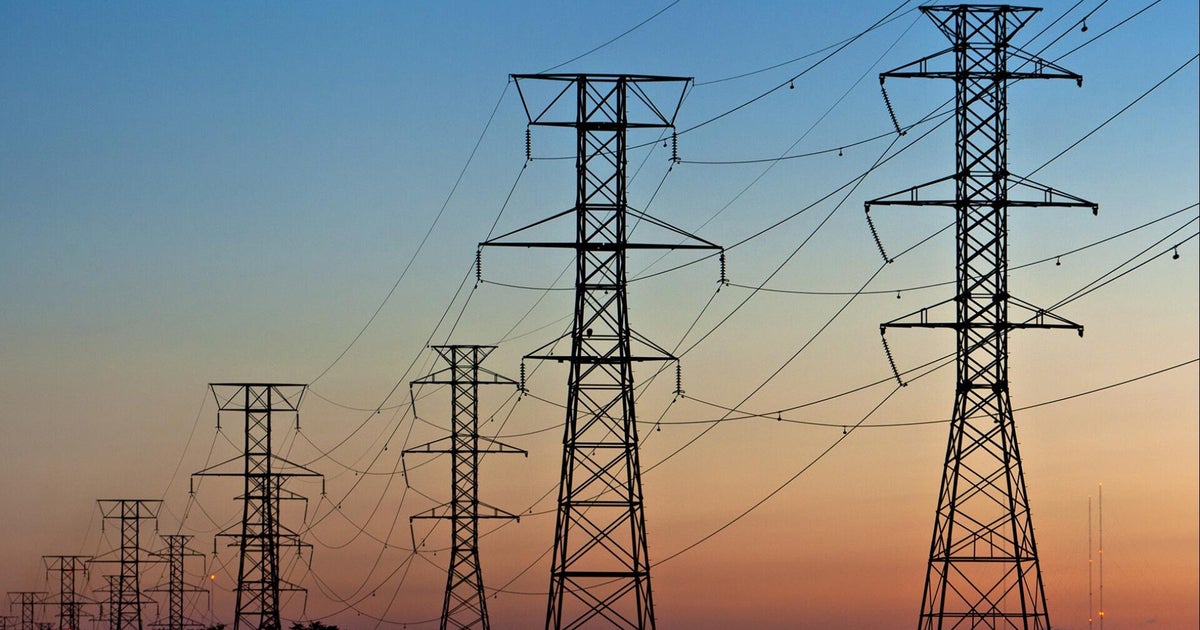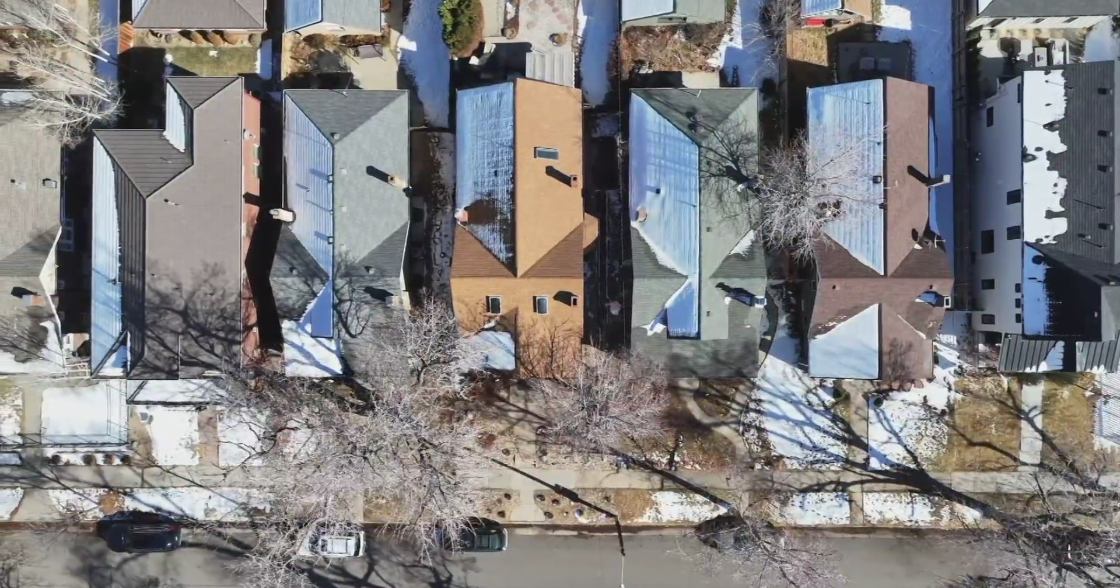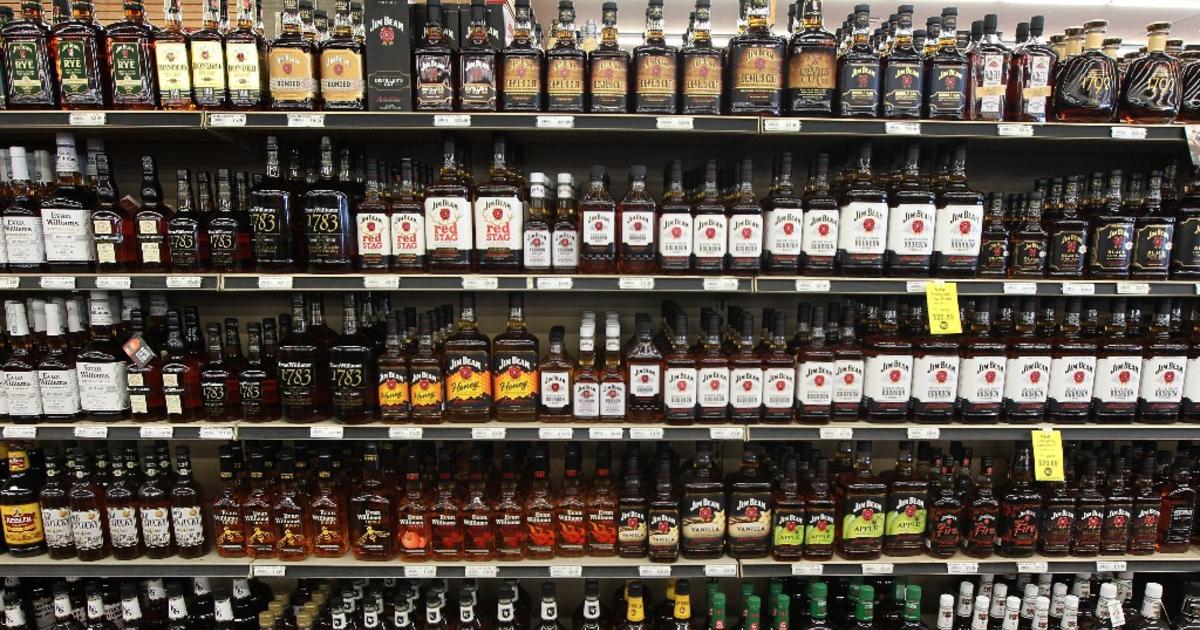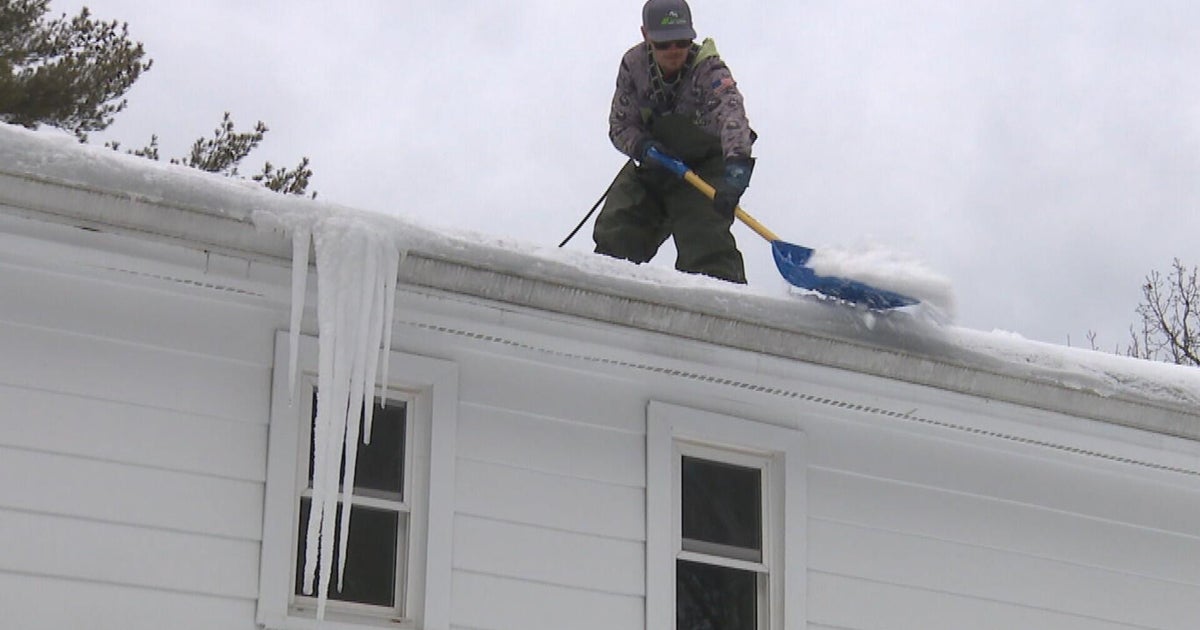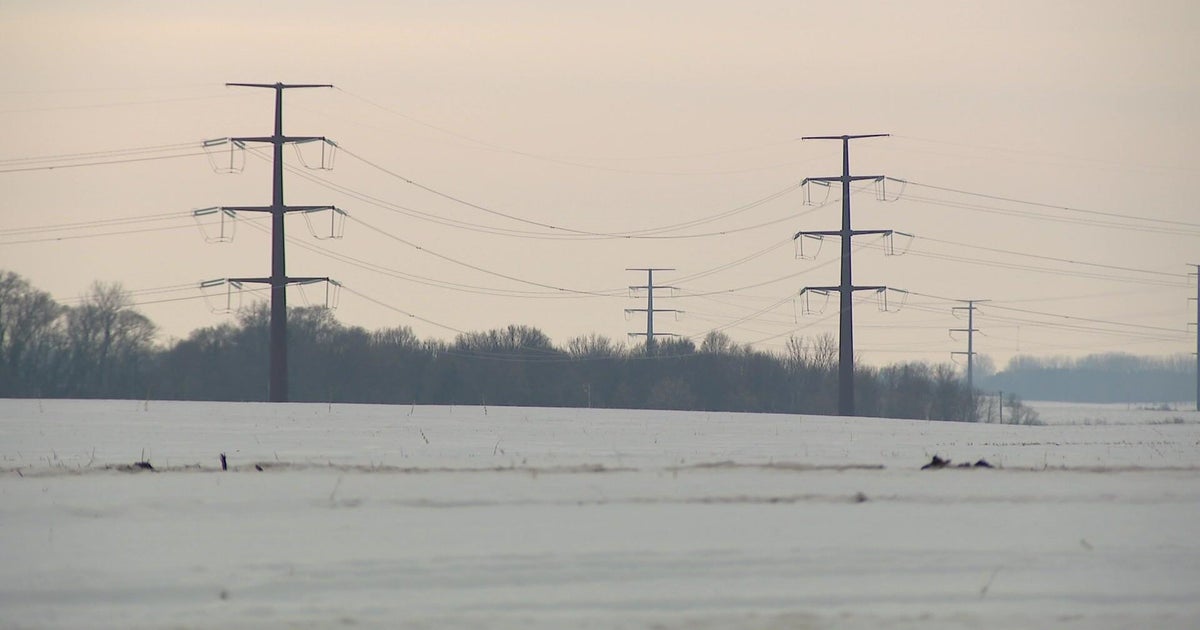New report shows utility bill rates increased more than double in the last decade
BALTIMORE - The largest utility companies in Maryland are hiking their rates tremendously and you may be feeling it in your pockets.
A new report found that rates to deliver gas and electricity to your home have doubled and tripled over a decade.
If you get utility bills from BGE or Delmarva Power, then more than likely you have noticed these charges over time.
A local watchdog group is challenging the state to be stronger with their regulations against these companies.
"I think everybody is greedy and they don't need to be increasing their prices, the way they are being increased," Michael Tracy, a customer with BGE, said.
Getting a light bill in the mail is a daunting reminder to flip the switch off to try to save money.
But a new report from The Office of People's Counsel said delivery charges on your utility bill have skyrocketed since 2010.
"BGE's gas rates have tripled and gone from 26 cents a therm to 85 cents a therm," David Lapp with Maryland Office of People's Counsel said.
Often, customers use autopay and go paperless with their bills. That is why most customers may not know how pricey the delivery rate is. On most BGE bills, the breakdown of the charges is on the back of the paper.
Lapp said the rates are up because utility companies are spending more on capital infrastructure. This happens quickly because of the 2013 state law called Strategic Infrastructure Development and Enhancement Plan (STRIDE.)
According to Lapp, the STRIDE law allows utilities to include a monthly surcharge on customer bills to recover the estimated costs of projects while the company is carrying them out. This gives the utility company an easier and faster method of recovering its infrastructure costs from customers.
They profit by the more... the faster and the greater dollar amount that they invest in their system," he said. "So, these are businesses that essentially profit more by spending more customer money."
In a statement to WJZ, BGE says "Customers are becoming more reliant on safe and reliable energy to power their lives and livelihoods while our infrastructure faces increased threats, including cyber intrusions and more frequent severe weather brought by climate change."
Here's the full statement from BGE:
BGE's investments in our systems enhance reliability, safety, and resiliency of the electric and natural gas systems serving customers throughout central Maryland. These customers are becoming more reliant on safe and reliable energy to power their lives and livelihoods while our infrastructure faces increased threats, including cyber intrusions and more frequent severe weather brought by climate change. The energy infrastructure investments we make now will ensure we can continue to meet our customers' needs and lay the foundation for the State of Maryland to reach its goal of net zero emissions by 2045.
The Maryland Public Service Commission has full authority to determine the appropriate costs and prudent investments to be built into rates. Other stakeholders such as the Public Service Commission Staff and Office of People's Counsel review and question our proposal throughout the transparent multi-year planning process. Once our multi-year plan is approved, the PSC has oversight of BGE, reviewing the work we accomplish compared to what we committed to, holding us accountable for meeting budgetary and performance standards.
Customers are benefiting from infrastructure investments by BGE. Since 2011, the number of outages a customer experiences have decreased by 39 percent and the average length of an outage has decreased by 52 minutes. Hundreds of miles of natural gas pipes are being replaced at an accelerated pace, which results in a safer, more efficient gas system. Once this gas system work is complete greenhouse gas emissions will be reduced by more than 210,000 metric tons annually—the equivalent of taking 45,000 gasoline-powered cars off the road.
According to BGE, the investment allows them to reach the state's goal of net zero emissions by 2045.
But the Maryland PIRG nonprofit said these are just schemes to make the company more profit and put the burden on customers.
"People with health issues that might need more electricity because they're on oxygen or something like that that can put a real strain on people's being able to live month to month," Director of Maryland PIRG Emily Scarr said.
Lapp said he wants the utility companies held accountable by having state regulators step up.
"These are monopolies providing essential services, customers have no other choices to get their energy, their gas, their electricity from," he said. "And so, we need effective state regulation."
In the meantime, Tracey is just hoping to make it by on his fixed income.
"I think that all we can do is the best we can with what little we have," Tracey said.
In the meantime, there are ways you can lower your bill.
Avoid bringing down the thermostat because it will spike the cost for AC.
Scarr recommends buying a modern heat pump instead because it works twice as efficient as a regular air conditioner.


